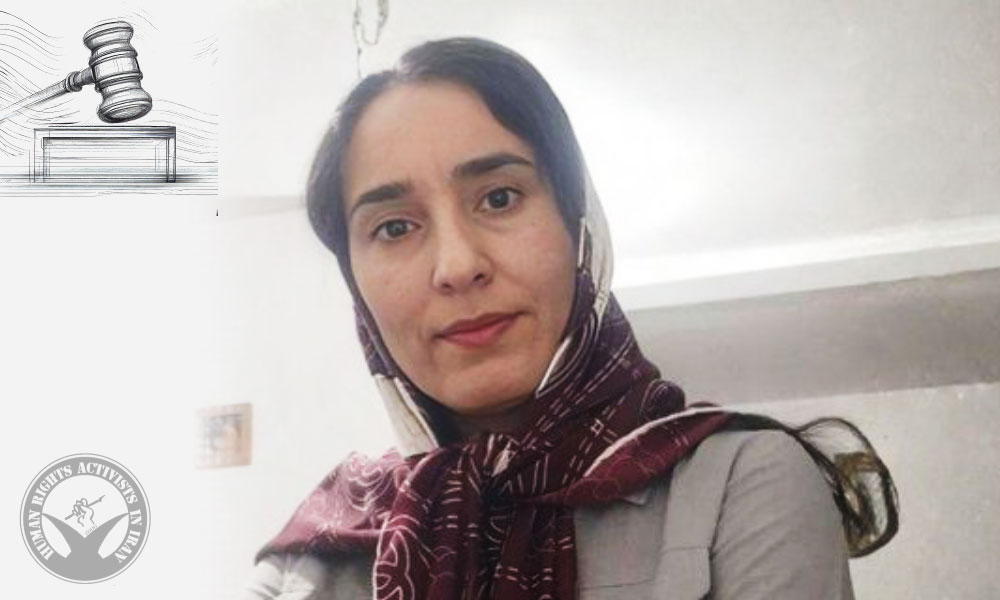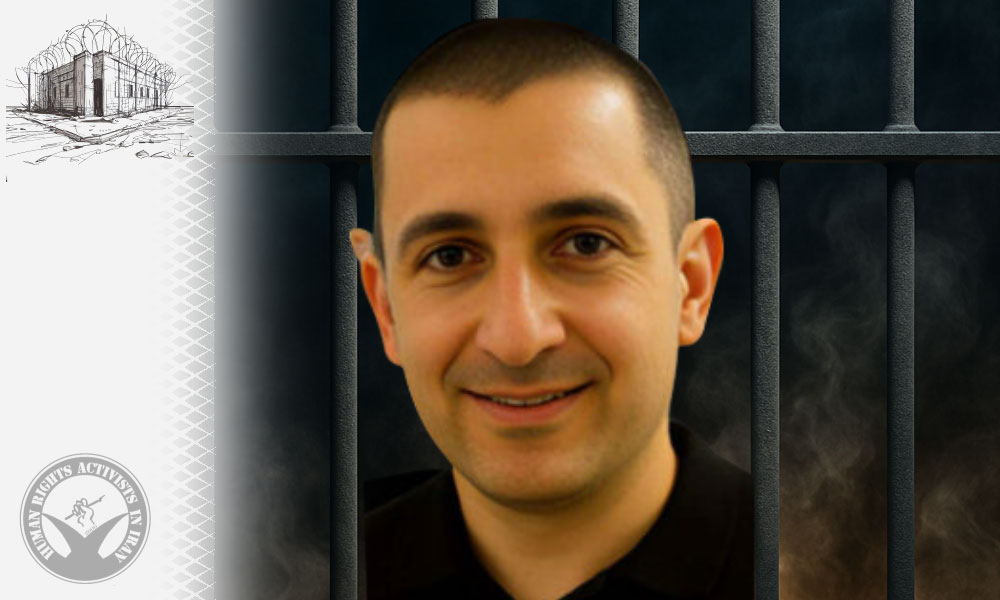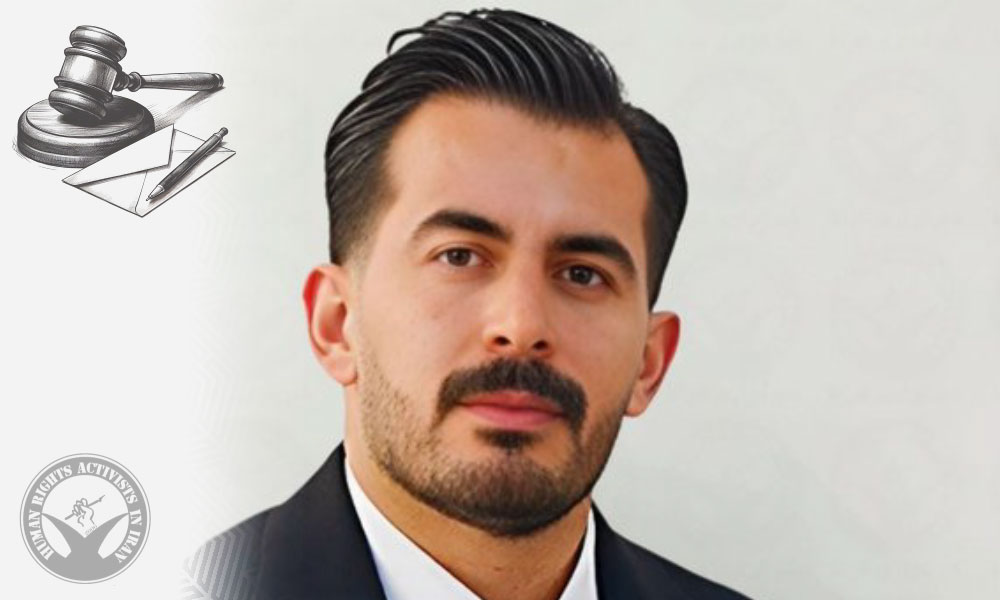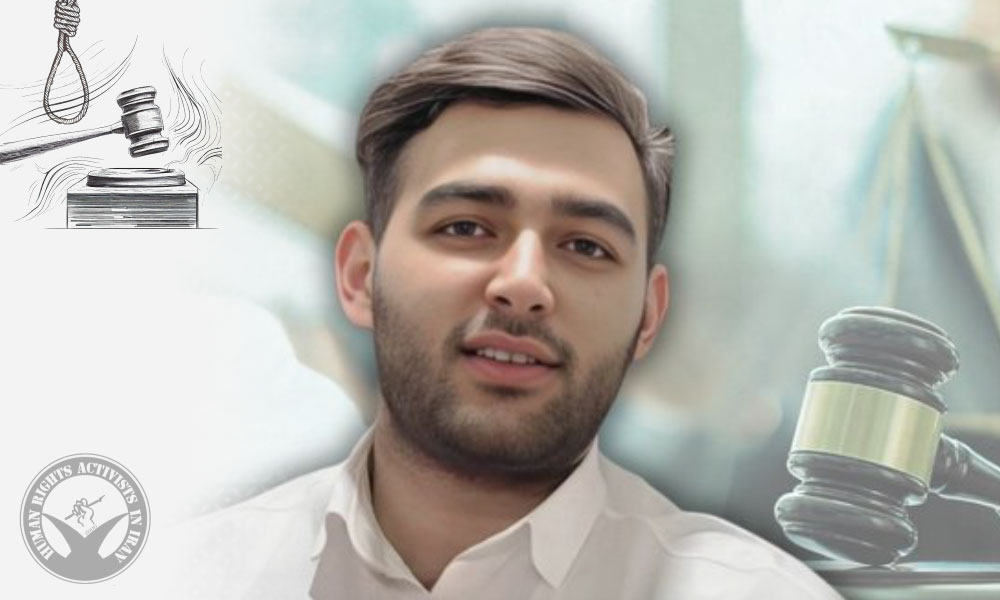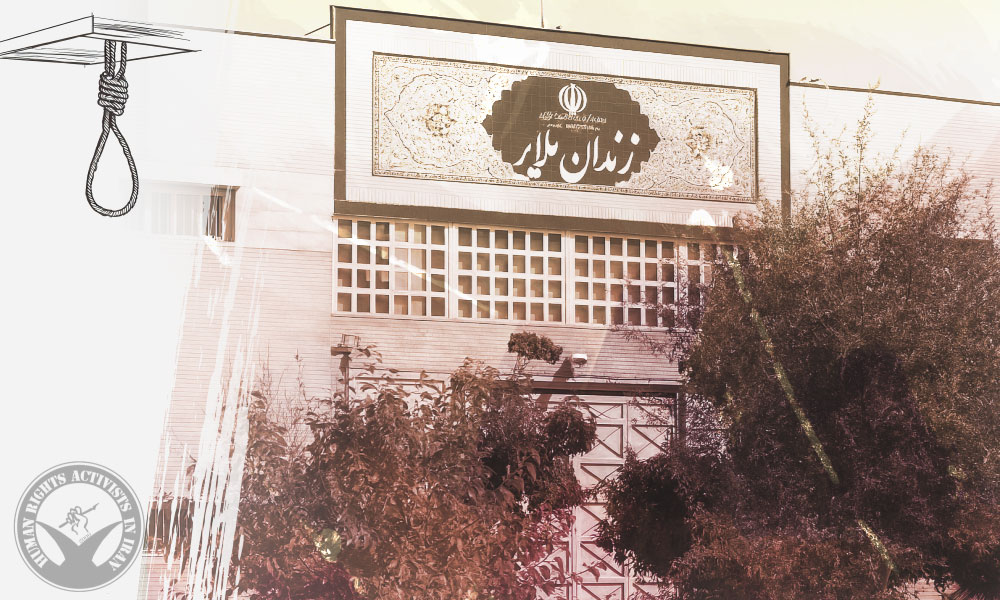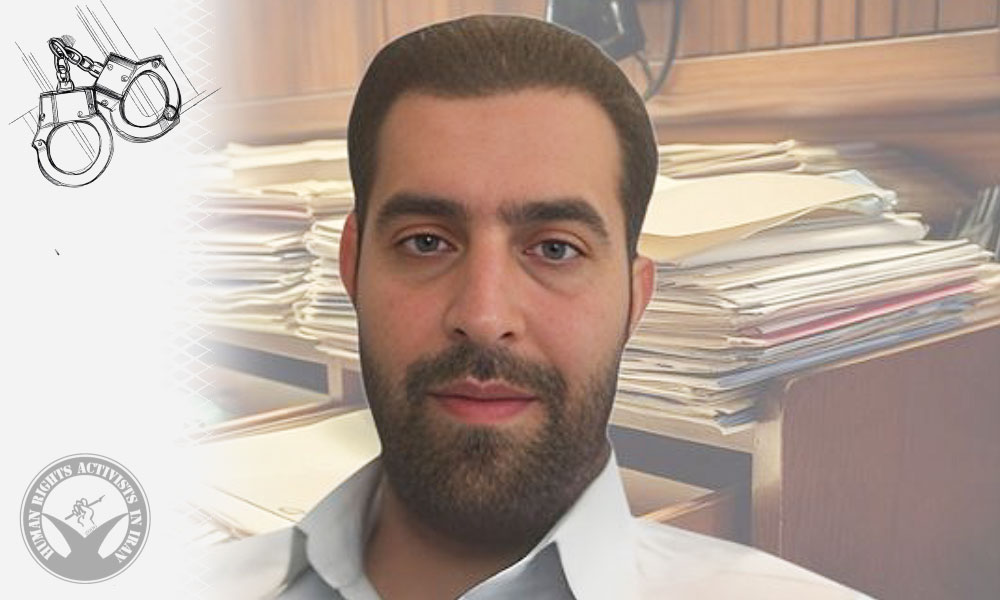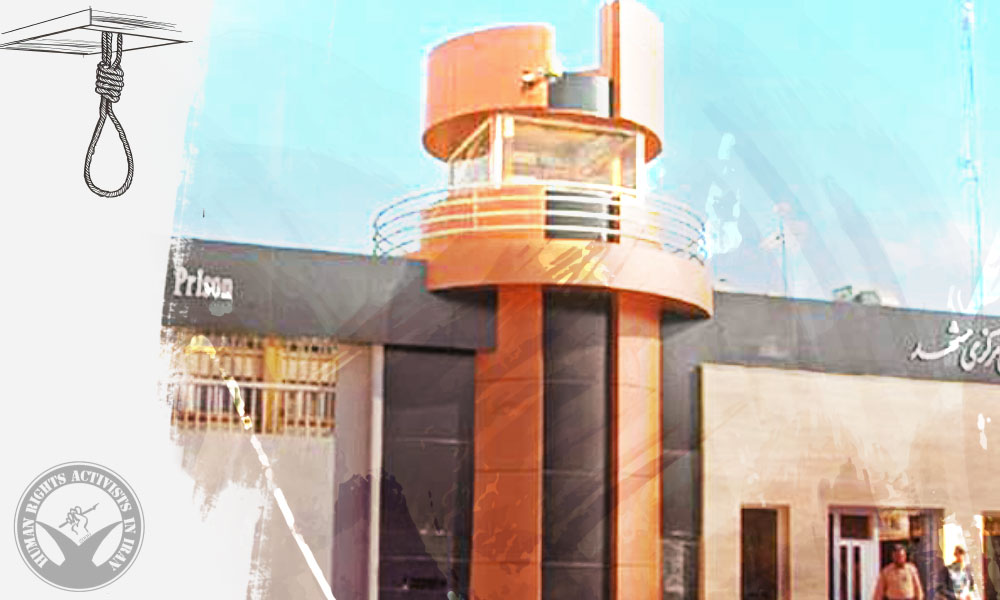HRANA – This report reviews documented cases of human rights violations in Iran in October 2025, based on statistics compiled by HRANA, the news agency of Human Rights Activists in Iran. An unprecedented surge in executions, with 258 people executed this month, along with a new wave of arrests and home searches targeting Baha’is in Iran, and an increase in the arrest of children by security forces, were among the most significant human rights violations reported during this period.
Executions
In October, the Iranian regime executed 258 people, marking the highest number of executions since the beginning of this year. Among them, 220 were men and 7 were women.
Due to secret executions and the lack of reporting by state institutions and domestic media, the gender of 29 executed prisoners remains unknown.
Additionally, 10 of those executed were Afghan nationals, and two were juvenile offenders.
124 of the executed prisoners had been convicted of murder, and 122 on drug-related charges. Three individuals were executed on non-political “corruption on earth” (efsad-e fel-arz) charges, and one on the same charge with political grounds. Another significant point is the execution of six individuals on security-related charges, such as espionage. Also, one executed prisoner was convicted of rape.
During the same month, Iran’s judiciary also issued 11 new death sentences, including one for political activist Zahra Shahbaz Tabari, a 67-year-old woman, who was sentenced to death for alleged collaboration with anti-regime groups. Of the ten remaining individuals sentenced to death, seven were convicted of murder and three of enmity against God (moharebeh). Additionally, one individual was sentenced to public execution.

Prisoners’ Rights
In October, 16 political or religious prisoners were denied medical care. The most notable case was that of Motaleb Ahmadian, a political prisoner held in Evin Prison, who was deprived of medical treatment despite reporting in a recent letter that his pain and physical condition had worsened. In another case, delays in providing medical care led to the death of a non-political prisoner in Iranshahr Prison.
During this month, 103 prisoners went on hunger strike, the most significant being a six-day strike by inmates of Ghezel Hesar Prison in protest against the surge in executions.
HRANA also documented 49 cases of legal uncertainty for prisoners and detainees during October, along with 34 cases of punitive solitary confinement, two cases of prolonged solitary detention, and 30 instances in which families were denied information about the whereabouts or conditions of their detained relatives by security or judicial authorities.
Additionally, three cases of prisoner beatings and three forced confessions were reported. HRANA also recorded one case of suicide involving a female prisoner during October.
Kolbars and Fuel Carriers
In the past month, ten citizens were killed and six others injured as a result of indiscriminate shootings by military forces. These shootings claimed the lives of three kolbars (border porters) and injured one. Among fuel carriers (Sukhtbar), three were killed and four wounded. Additionally, one Kolbar in Baneh was injured by a landmine explosion.
Freedom of Thought and Expression
In the past month, Iran’s security apparatus arrested 55 individuals for expressing their opinions or exercising free speech. In this context, 25 people were summoned by security organizations, including six journalists from the Ham-Mihan newspaper, who were called in by the IRGC Intelligence Organization.
The homes of ten citizens were searched by security forces, the most notable case being the search of journalist Marzieh Rasouli’s home in Tehran.
In a clear violation of citizens’ freedom of expression, Iran’s judiciary sentenced 36 individuals to a total of 2,988 months in prison. Notable among these were Behfar Lalezari, sentenced to five years, and Shahin Zoghi Tabar, sentenced to ten years in prison.
In addition to prison terms, five people were sentenced to travel bans.
During the month, three prison sentences were carried out, eight court hearings were held, and nine individuals were subjected to social deprivations.
Additionally, citizens held eight protest gatherings, while one protest was prevented from taking place.

Workers’ Rights
In October, HRANA recorded 92 labor protests and 12 labor strikes across Iran. For participating in these protests, three workers from the Haft-Tappeh Sugarcane Company were summoned by the authorities.
According to HRANA’s reports, 45 workers lost their lives and 135 others were injured in workplace incidents resulting from non-compliance with occupational safety standards.
Trade associations and unions also held 102 protest gatherings and one strike by nurses, marking an increase compared to previous months.
In connection with these events, four individuals were arrested by security forces, and three others were summoned to court.
Additionally, 64 businesses were sealed for reasons such as “non-compliance with Islamic codes of conduct,” the most notable case being the closure of 16 establishments in Ahvaz.
Women’s Rights
In October, the murder of five women was reported. The most notable case was the killing of Zahra Ghaemi, a member of the Women’s Studies Group at the University of Tehran, who was murdered by her husband.
Children’s Rights
Regarding the rights and conditions of children in Iran, four cases of child arrests by security forces were reported.
HRANA also documented the arrest of children’s rights activist Hossein Mirbahari, and the closure of his organization, the Society for the Defense of the Rights of Working and Street Children, by security forces.
Additionally, the deaths of three children were reported as a result of neglect and official negligence. The deaths of three child laborers and the injury of five others were also reported.
Five other children were subjected to physical violence and corporal punishment, including the death of a 14-year-old student who suffered cardiac arrest after being forced to run as punishment.
The Iranian regime also executed two juvenile offenders, including Ali Aghajari, who was arrested five years ago at the age of 17 following a group altercation over farmland that resulted in one person’s death.
Additionally, the suicide of a 12-year-old child was reported in Shiraz.
Religious Minorities
In October, ten members of religious minorities were sentenced to a total of 420 months in prison. The most notable case was the re-sentencing of Baha’i citizen Anisa Fanaeian to eight years in prison.
Prison sentences for eight individuals were also carried out, including the imprisonment of six Baha’i women in Hamedan. Additionally, Iranian courts issued 36 months of exile and six travel bans against members of religious minorities.
During the same month, security forces arrested twelve members of religious minorities, mostly Baha’is, and searched the homes of sixteen others.

Ethnic Rights
In October, security forces arrested 21 ethnic activists. According to reports, in 13 of these cases, the arrests were carried out without a warrant. The homes of three members of ethnic minorities were also searched by security forces.
Inhuman Punishment
HRANA reported the issuance of 248 lashes against three individuals during this month.
In a violation of the right to privacy, 48 people were arrested for attending a private gathering, including 18 individuals detained in Karun following a private party where alcohol was served.



